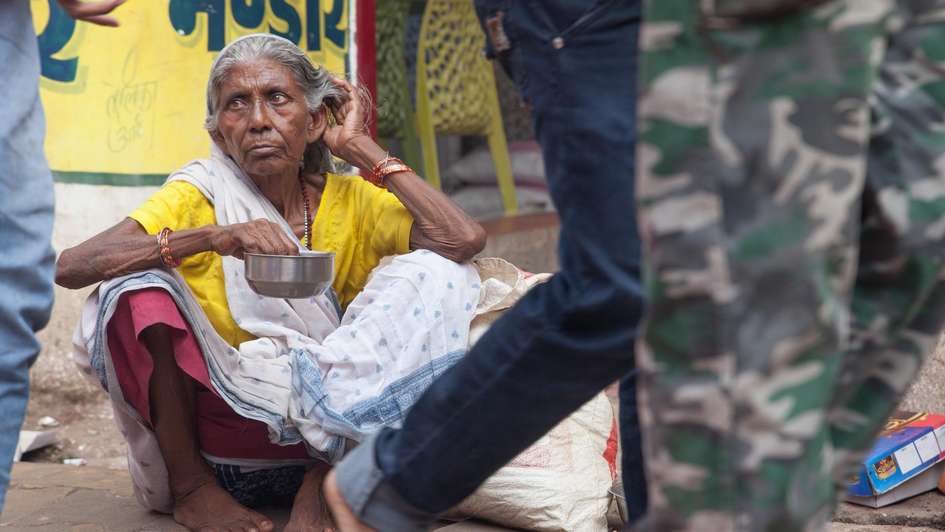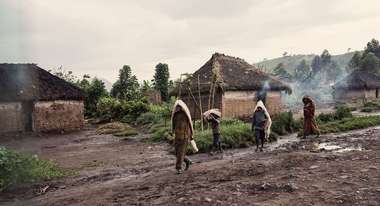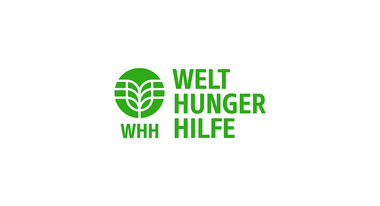Inequality causes hunger
As the World Economic Forum starts in Davos, Welthungerhilfe would like to highlight the fact that increasing inequality is exacerbating not just poverty, but also global hunger.

“The latest studies show that inequality is increasing sharply around the world. This relates not just to wealth, but also to the concentration of power among small elites. Inequality causes hunger. India is home to more than 100 billionaires, and at the same time to the greatest number of people facing hunger in the world. However it is not just the serious economic differences within countries that lead to malnutrition, but also the unequal distribution of social and political power. This is shown by the fact that women, ethnic minorities and small farmers are at particular risk of facing hunger“, says Dr Till Wahnbaeck, Chair of the Executive Board of Welthungerhilfe.
The recently published Global Hunger Index 2017 focuses on the issue of inequality. It demonstrates that in the international food system, a handful of transnational companies wield an enormous amount of power. Just three international companies dominate global trade in seeds, and three others dominate trade in cereals. The report also observes that wars, conflicts and climate change are the most significant drivers of hunger.
Welthungerhilfe is one of the largest private aid organisations in Germany; politically independent and non-denominational. It is fighting for “Zero Hunger by 2030”. Since it was founded in 1962, more than 8,500 overseas projects in 70 countries have been supported with 3.27 billion euros. Welthungerhilfe works on the principle of empowering people to help themselves from fast disaster relief to reconstruction and long-term development cooperation projects with national and international partner organisations.







